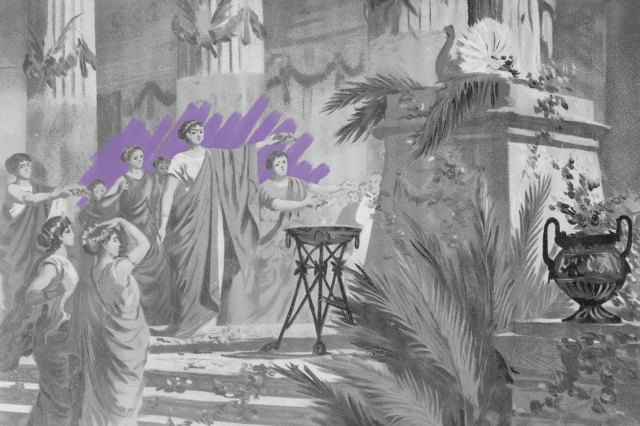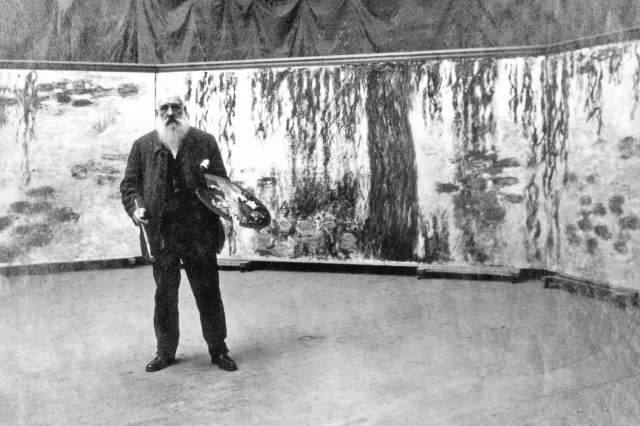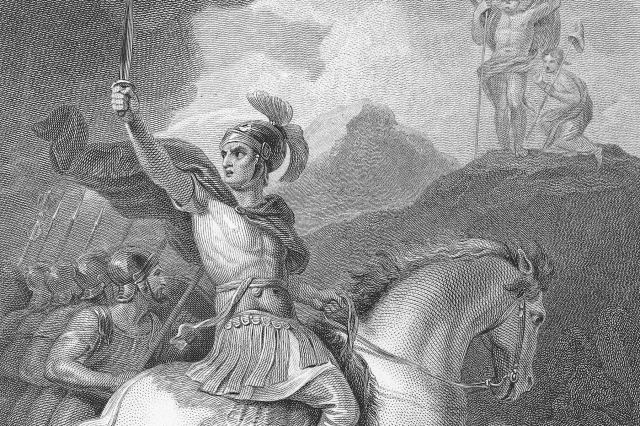 |
The ancient Romans celebrated a version of Mother's Day. |
World History |
 |
| |
| As on our modern Mother's Day, husbands would give their wives gifts — but that's about where the similarity ends. Matronalia was a pretty pious affair; after a procession of married women to the temple to make offerings to Juno Lucina, families would return home and pray for marital happiness. Enslaved women were also given a feast by their female enslavers as part of the festivities. | |
| Matronalia wasn't the only ancient Roman holiday relating to mothers, however. In fact, it was pretty tame in comparison to the annual celebration of the Great Mother of the Gods, also known as Magna Mater or Cybele, who entered the Roman pantheon around the third century BCE. Her festival, called Megalensia, took place over several days in March or April, and included games, theatrical performances, and other rituals. | |
 |  |
 | ||||||||||||||
By the Numbers | ||||||||||||||
| ||||||||||||||
| ||||||||||||||
 | ||||||||||||||
| ||||||||||||||
The creator of Mother's Day later tried to abolish it. | ||||||||||||||
| Ann Reeves Jarvis, who brought mothers together through child care classes and social gatherings in the years surrounding the American Civil War, dreamed of a holiday celebrating mothers' work. After her death in 1905, her daughter Anna Jarvis decided to make that dream come true, leading to Mother's Day becoming a national holiday by 1914. Card companies, florists, candymakers, and other gift-giving industries seized the opportunity, and, much to Jarvis' dismay, Mother's Day became a heavily commercialized event. Jarvis spent the last years of her life trying to abolish the holiday, calling the profiteers "charlatans, bandits, pirates, racketeers, kidnappers, and termites that would undermine with their greed one of the finest, noblest, and truest movements and celebrations." | ||||||||||||||
 | |||
Recommended Reading | |||
 | |||
| | |||
 | |||
| | |||
| + Load more | |||
| |||||||||
| Contact us | |||||||||
| Privacy Policy | |||||||||
| Terms of Use | |||||||||
| Do Not Sell My Info | |||||||||
| 700 N Colorado Blvd, #513, Denver, CO 80206 | |||||||||
|





No comments:
Post a Comment